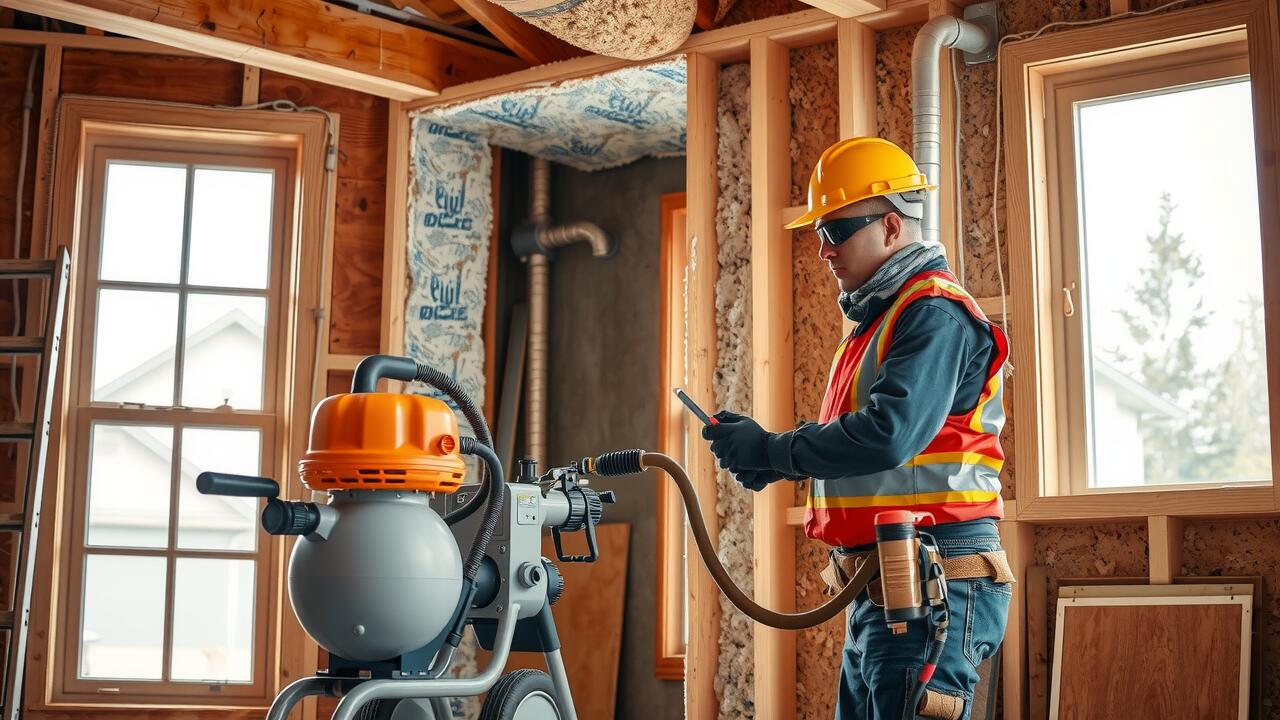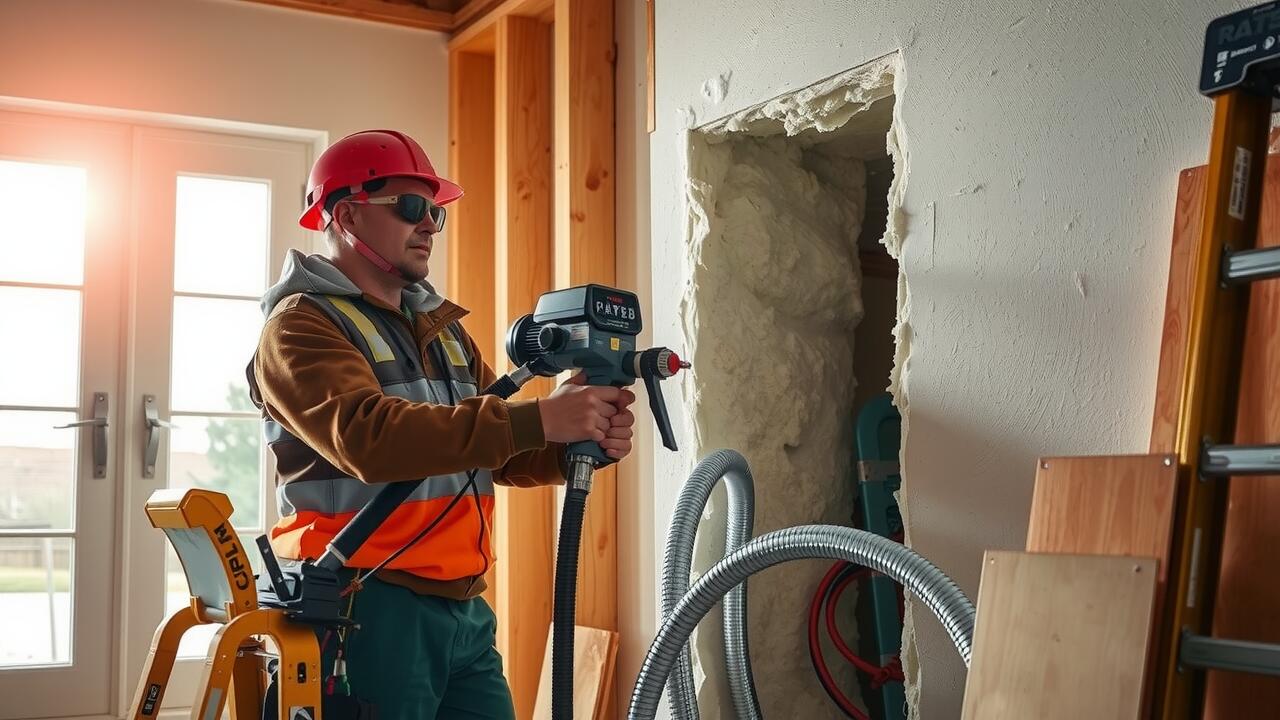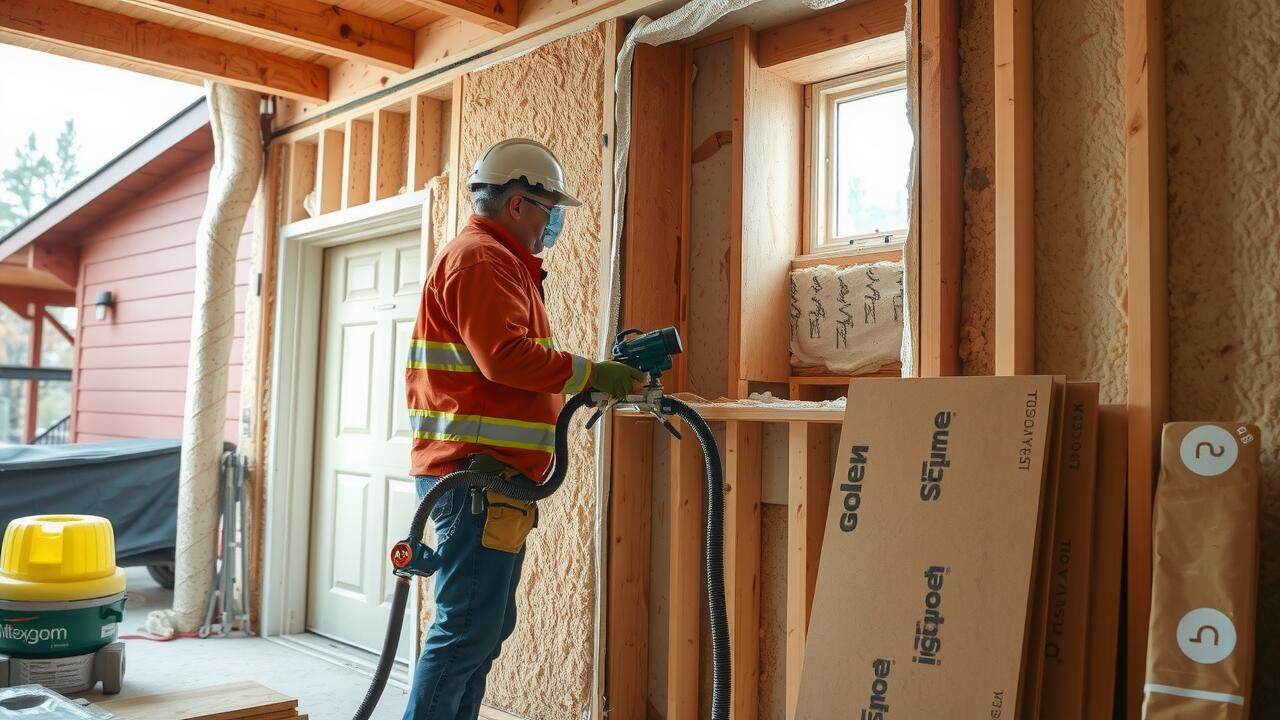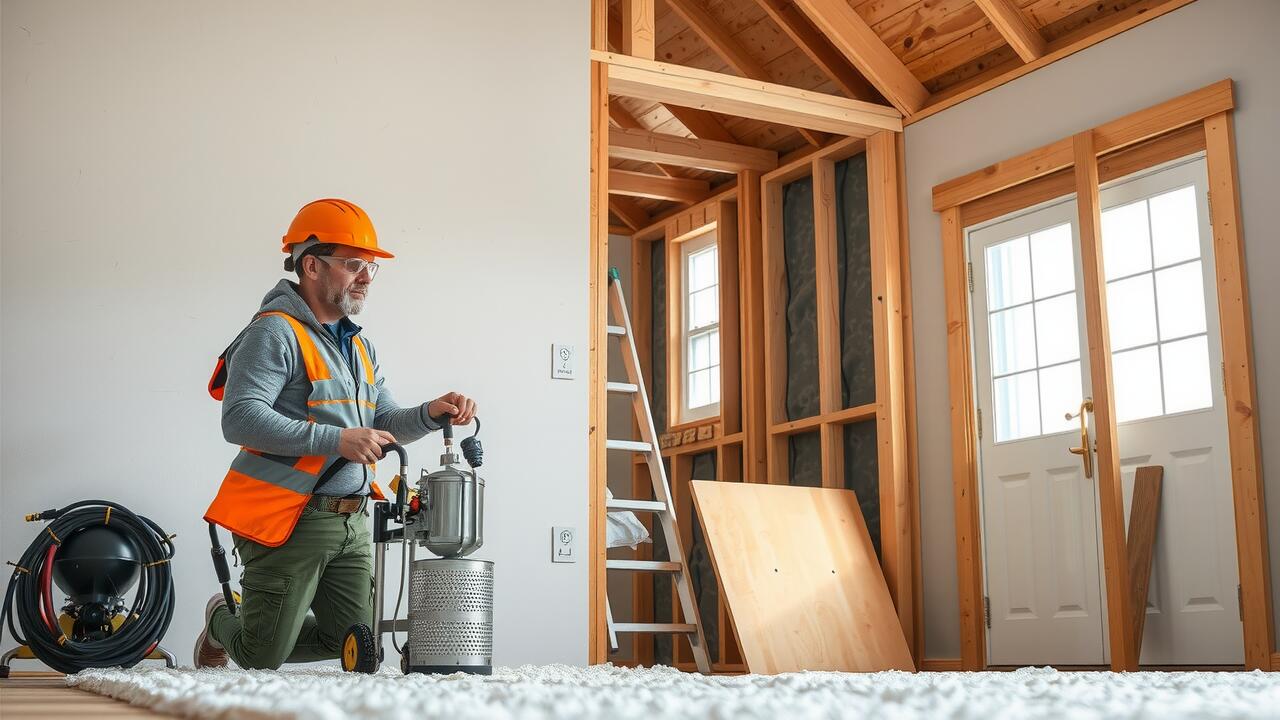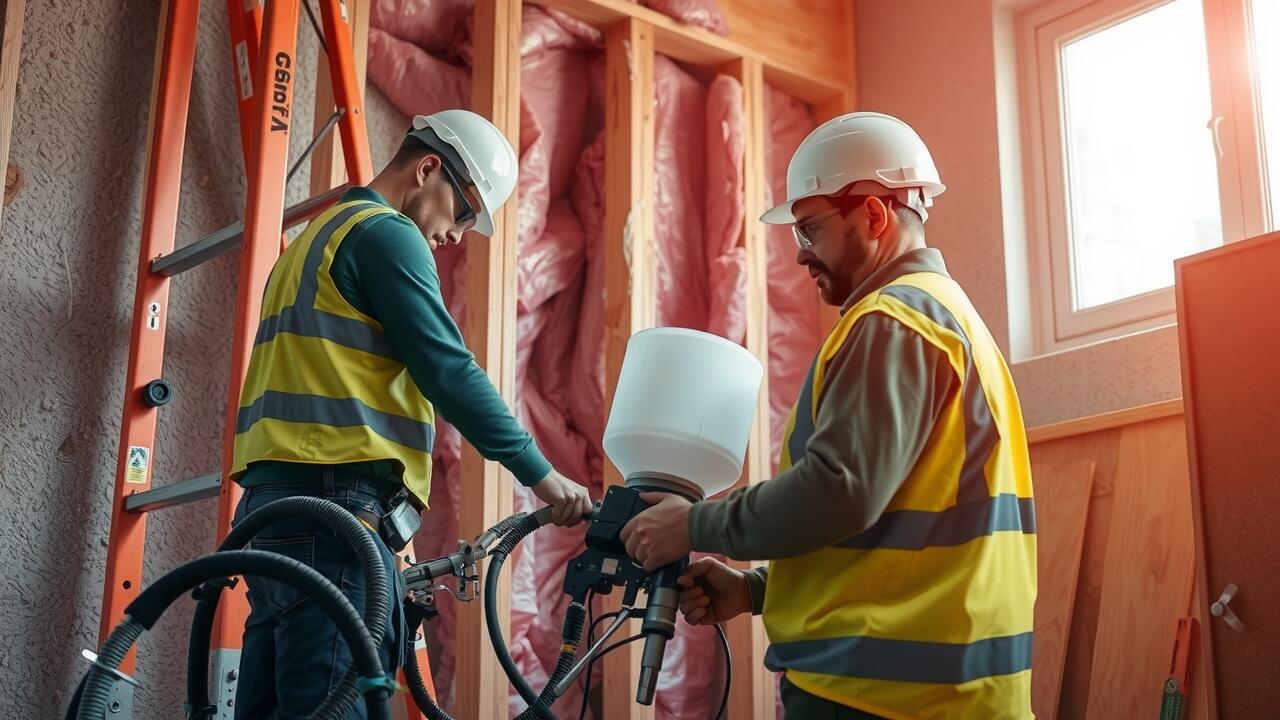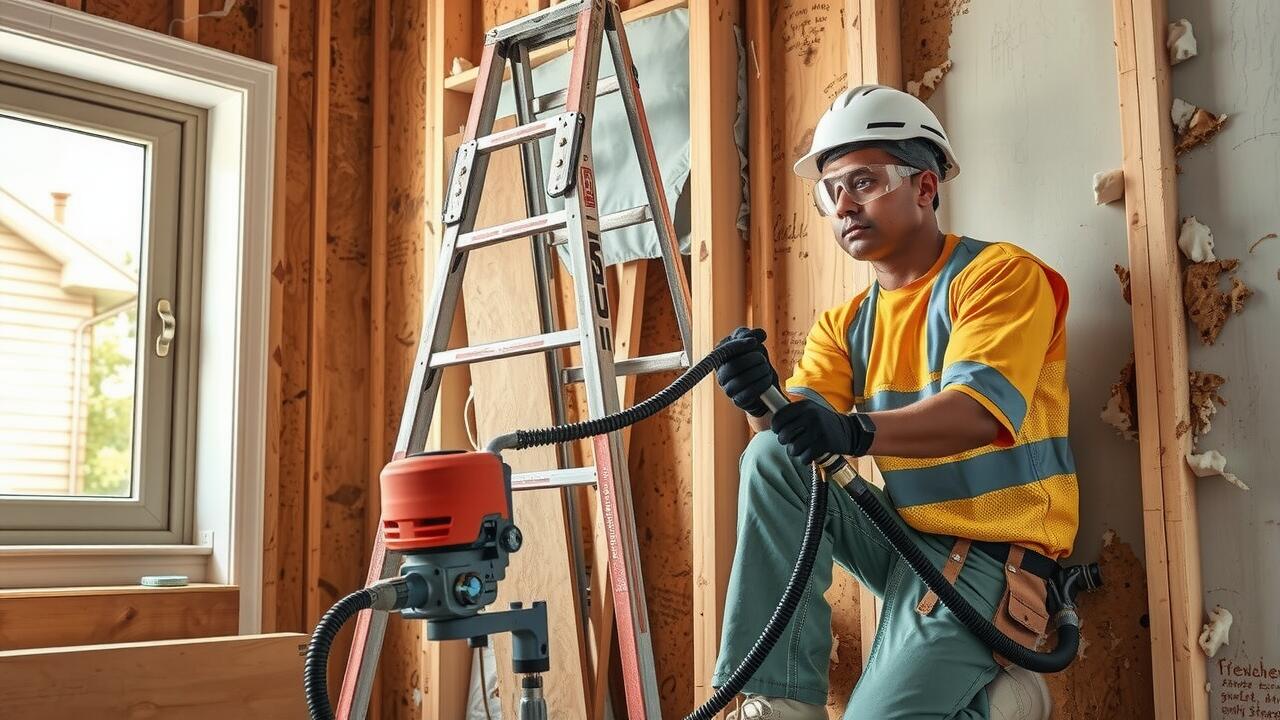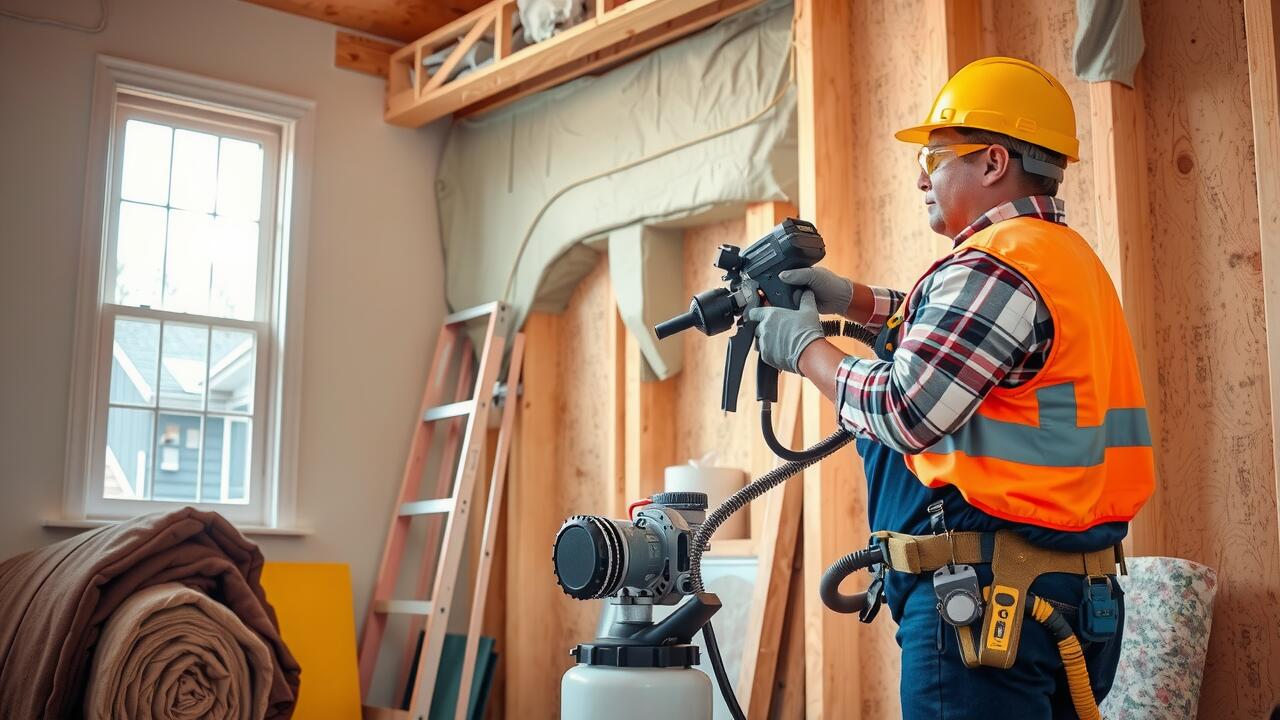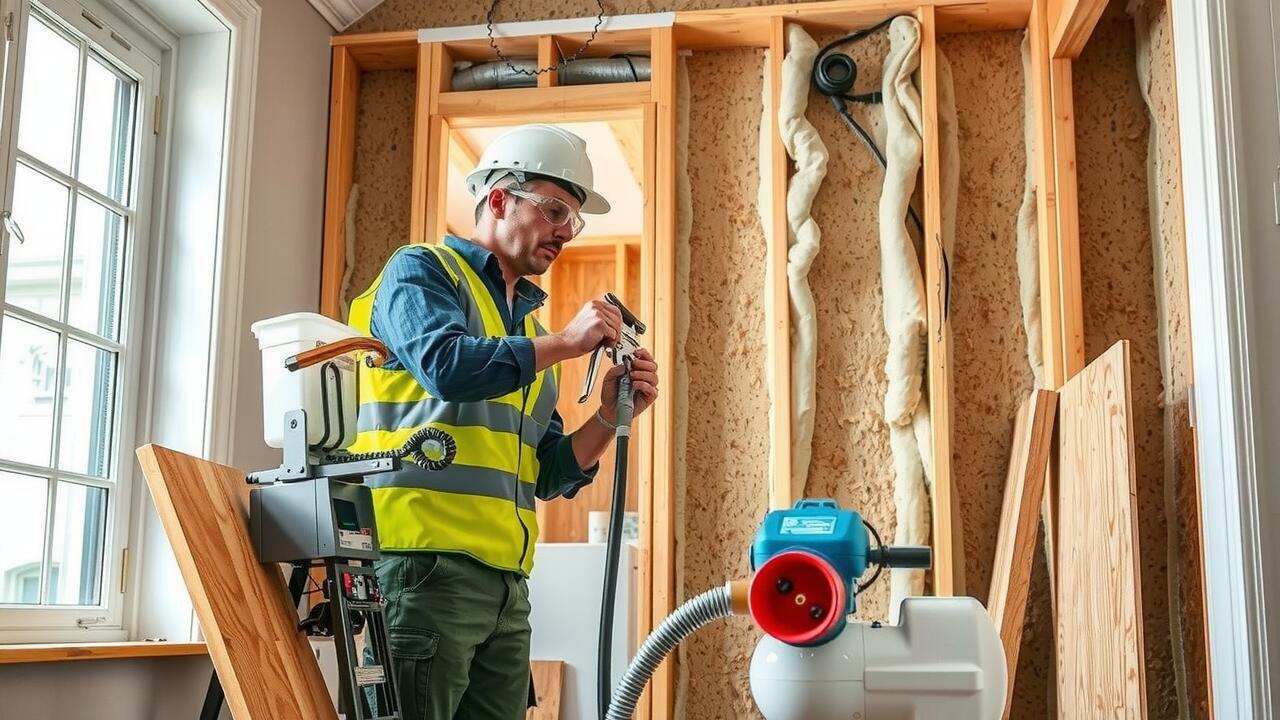 +441270814145
+441270814145
Contact:
Property Alterations and Extensions+441270814145
When evaluating the suitability of cavity wall insulation in properties that have undergone alterations or extensions, it is essential to consider how these modifications impact the overall structure. Changes such as added rooms, loft conversions, or conservatories can alter the thermal performance of a building significantly. In some cases, the original insulation may not adequately accommodate the new layout, leading to cold spots or increased moisture retention. Proper assessment is crucial to ensure that the overall energy efficiency is enhanced rather than compromised.
Related Links
Extensions can also introduce different materials and construction techniques that may not synergise well with existing insulation systems. For instance, if the new sections are made from materials that have higher moisture permeability, applying cavity wall insulation in these areas can create issues with dampness and long-term structural integrity. Homeowners should consult with professionals to evaluate compatibility and ensure that any applied insulation methods are appropriate for the unique characteristics of the modified property.
How Modifications Influence Insulation Choices[email protected]
Modifications to a property can significantly impact the decision to install Cavity Wall Insulation. Homeowners who have carried out extensive renovations or extensions may find that their insulation needs differ from those originally present in the building. For instance, changes to the structure could create new thermal bridges or even expose existing walls that could affect the overall performance of the insulation. Therefore, recent alterations should be carefully considered when deciding whether to proceed with cavity wall insulation.
Moreover, the presence of additional features, such as new windows or roof structures, can change the way heat is retained or lost within a home. If a property has undergone substantial modifications, it is essential to assess how these changes may influence air flow and moisture levels, as improper insulation could lead to unwanted dampness or condensation issues. Homeowners must consult with professionals who can evaluate the overall impact of these alterations to ensure effective
Cavity Wall Insulation in
the modified environment.
Local Climate Considerations Cavity Wall Insulation in Stoke on Trent by
Local climate plays a crucial role in determining the suitability of Cavity Wall Insulation in a property. In regions known for high humidity or frequent rainfall, the risk of moisture accumulation within cavity walls increases significantly. Excess moisture can lead to dampness, ultimately compromising structural integrity and creating an unhealthy living environment. Homeowners in such climates must consider alternative insulation options that provide adequate thermal performance without the associated risks of moisture retention.
Insul8
e insulation effectiveness and the risk of dampness, which may suggest avoiding cavity wall insulation.Potential for Mould Growth
Why are older properties often advised against cavity wall insulation?Cavity Wall Insulation in Address:
Older properties may have unique structural characteristics or materials that could be adversely affected by insulation, leading to risks such as dampness or structural instability.homes can create an environment that fosters mould growth if not installed or maintained properly. The insulation material can retain moisture, especially if there are existing damp issues in the property. If the walls become damp, this can lead to condensation forming within the cavity. Over time, this provides an ideal condition for mould spores to thrive, potentially affecting indoor air quality.
How can I assess if my house is suitable for cavity wall insulation?Mould growth can have significant health implications for residents. Exposure to mould can trigger allergic reactions and respiratory issues, particularly in vulnerable individuals such as children or those with pre-existing health conditions. The risk increases when Cavity Wall Insulation in a property lacks adequate ventilation or if external water ingress is not addressed, making it crucial for homeowners to regularly assess the condition and effectiveness of their insulation systems.
It is advisable to consult with a professional surveyor or insulation expert who can evaluate your property's structure, climate conditions, and any alterations made to determine if cavity wall insulation is appropriate.Energy Efficiency Misconceptions
Cavity Wall Insulation in residential properties is often promoted as a simple solution to reduce heating costs and enhance energy efficiency. However, many homeowners find that the anticipated savings do not always materialise. Certain factors can undermine the effectiveness of the insulation. For instance, the age of the property, the condition of existing walls, and the quality of installation significantly influence the actual thermal performance. Misguided expectations can lead to disappointment, with some residents believing they have made a cost-effective choice that ultimately yields minimal benefit.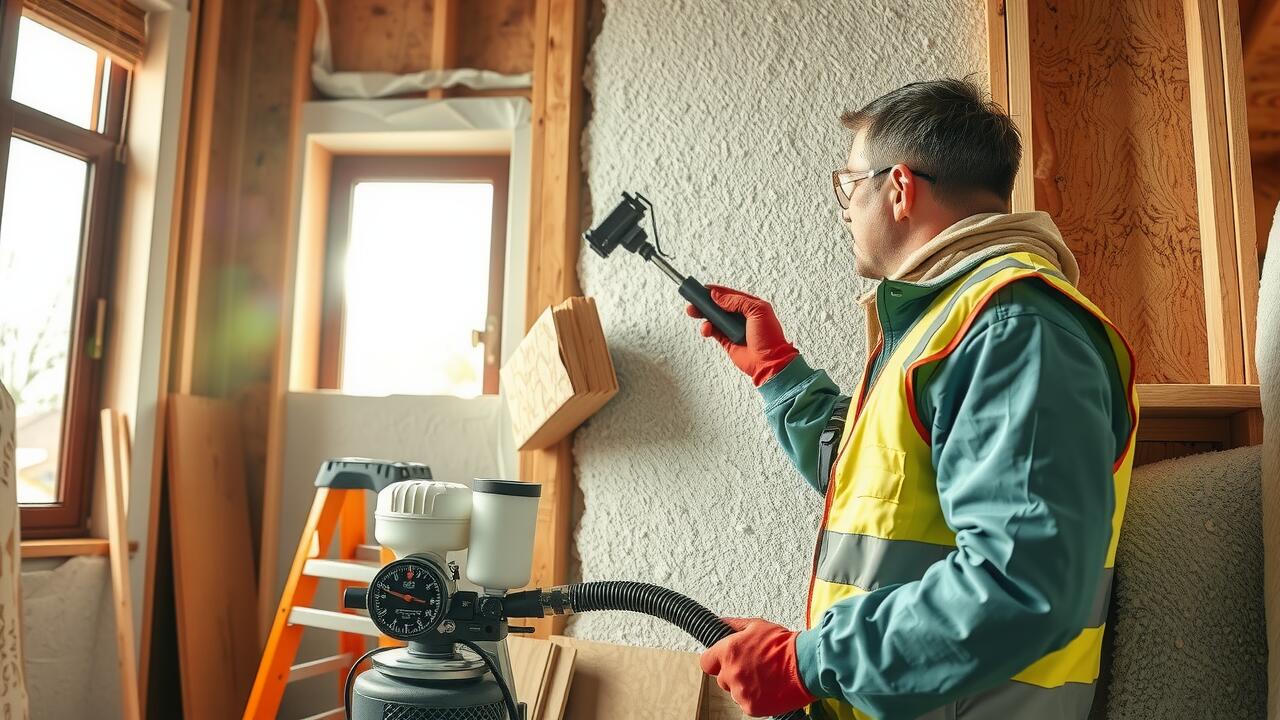
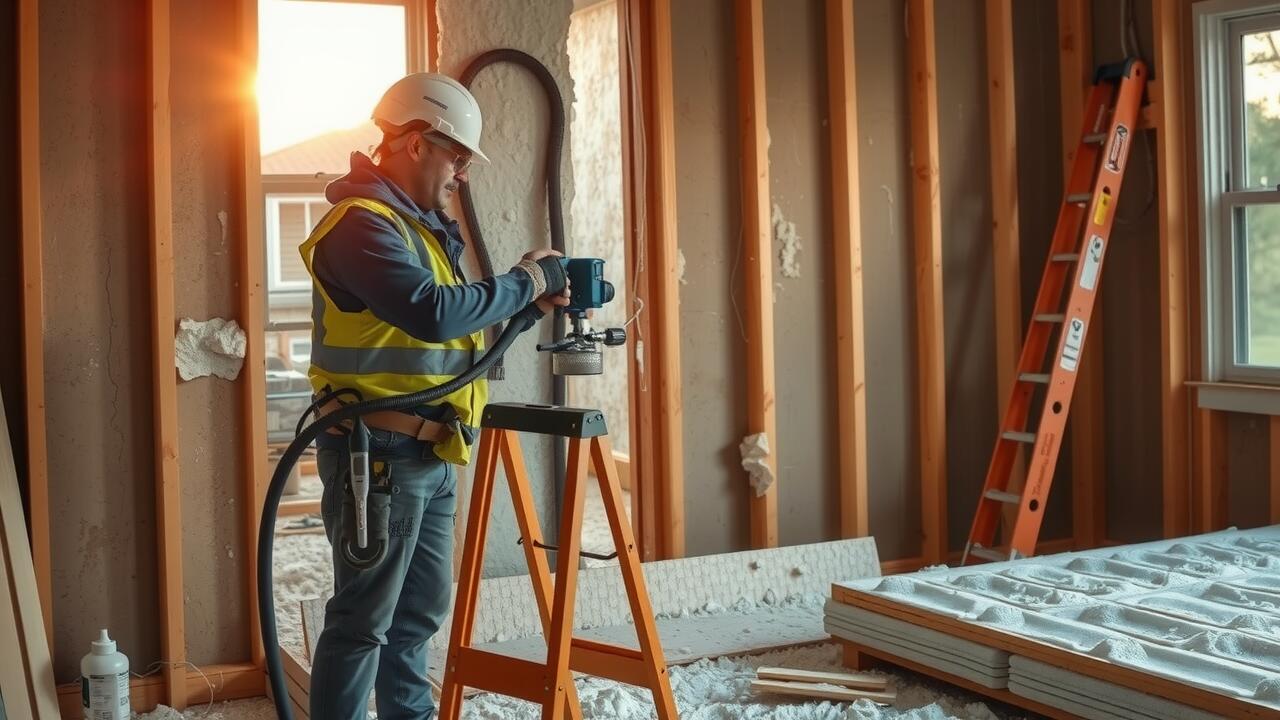
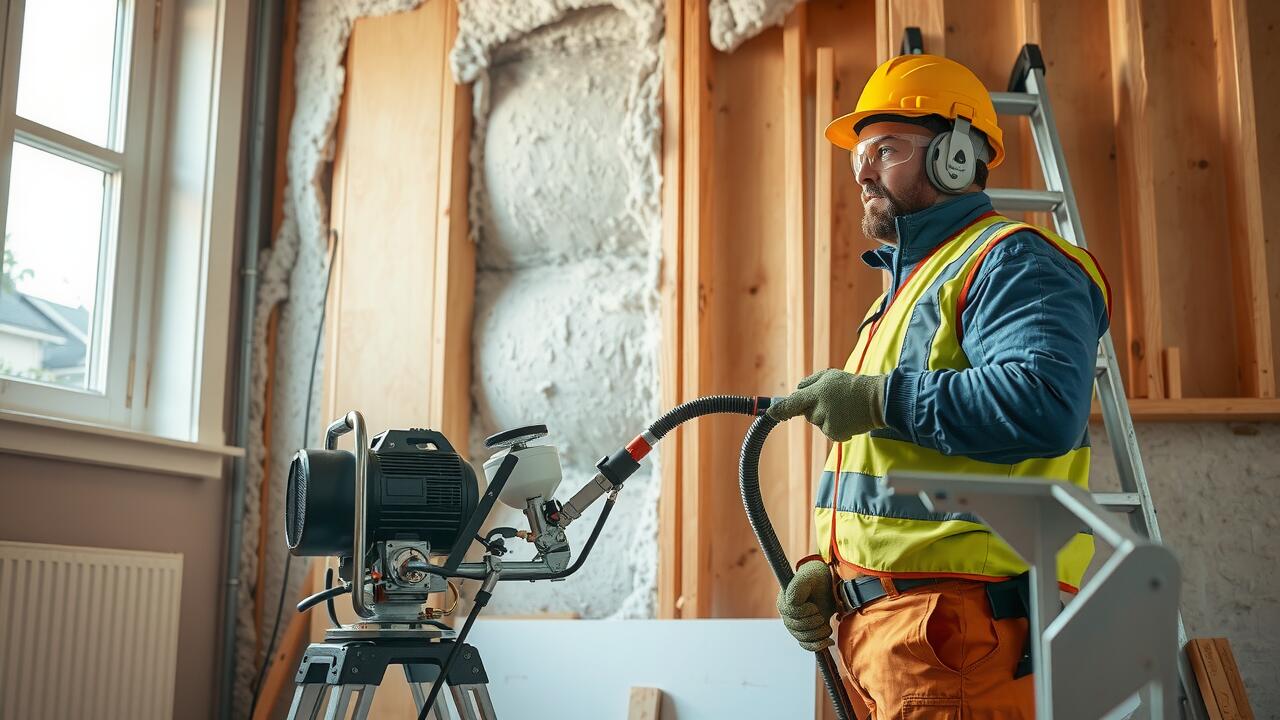 Terms of Service
Terms of Service
